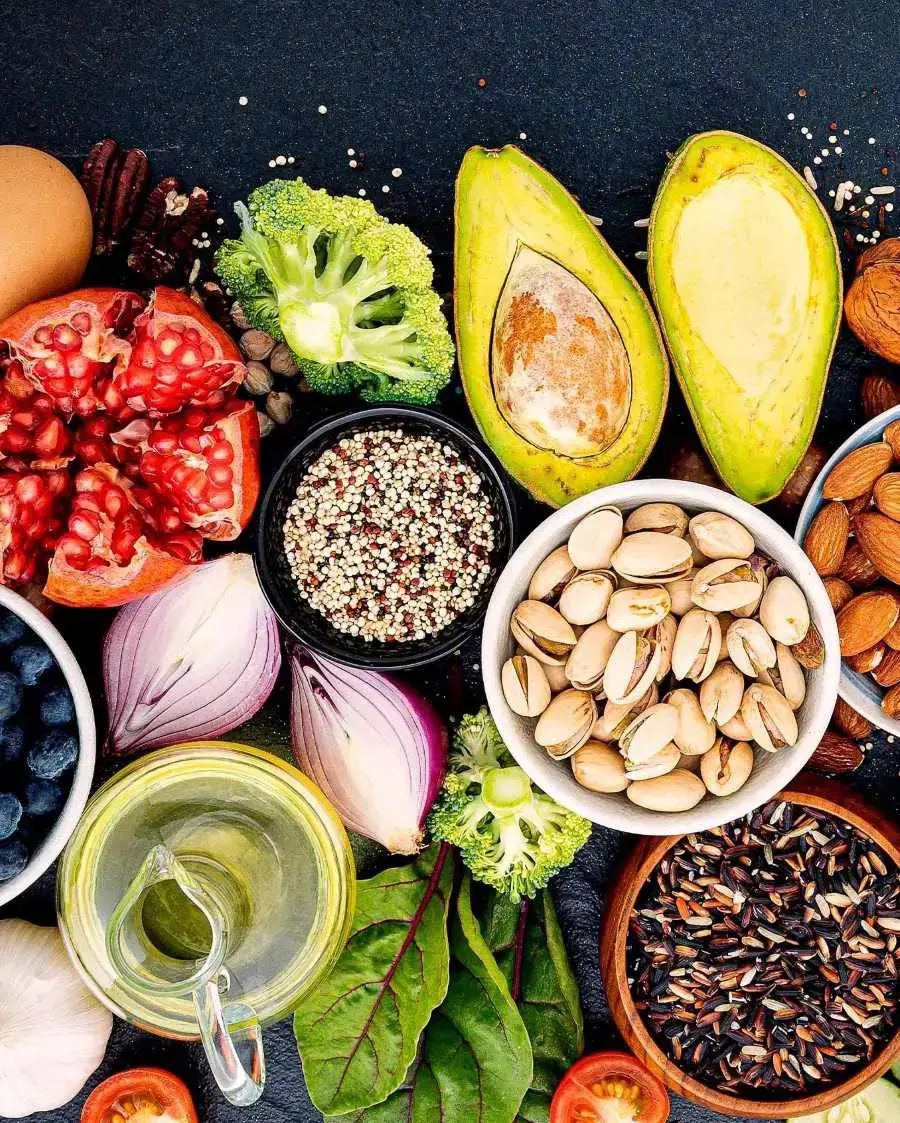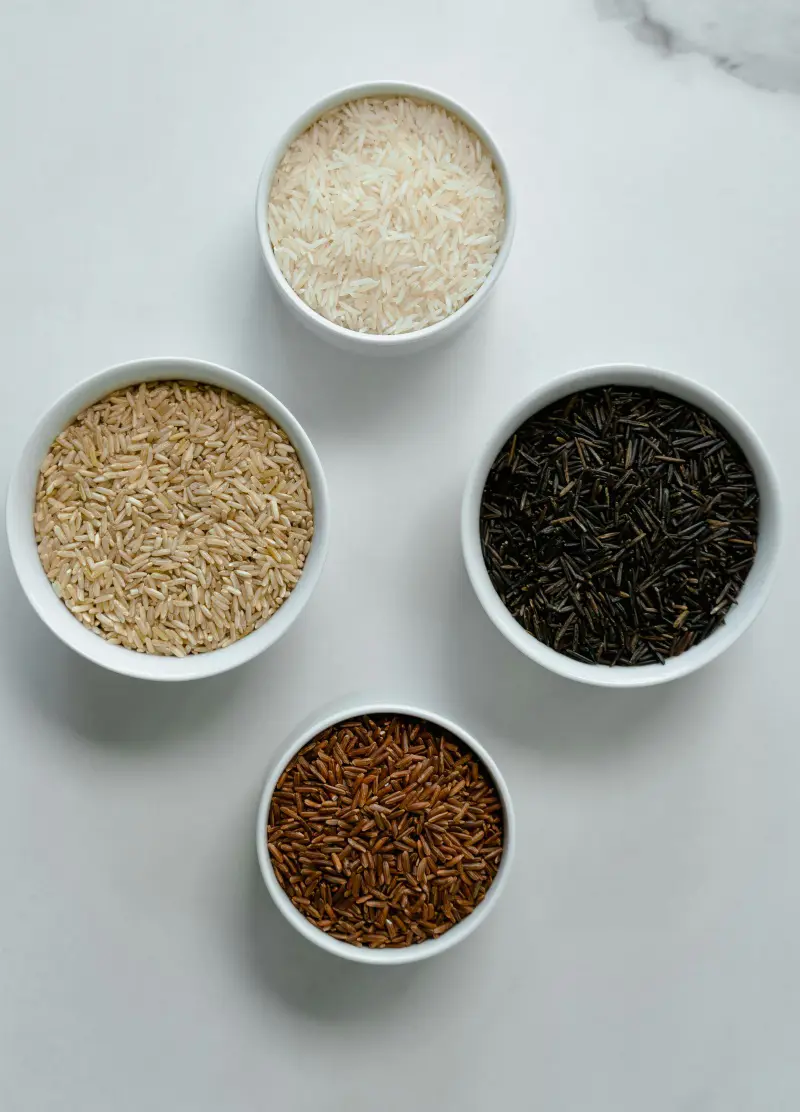Is Cheese Healthy For You?
All dairy products hold some level of beneficial characteristics. Dairy products contain protein, calcium, probiotics, and several other essential vitamins and minerals. This is why there's high market demand. One of the beneficial dairy products is cheese. It can be found in several options such as ricotta, brie, mozzarella, etc. The taste and texture also vary according to their names.
Yes, cheese is healthy only when you have it in limit. Cheese is packed with various essential nutrients that your body needs daily. Nutrients such as protein, calcium, vitamins, minerals, and probiotics are primarily found in this dairy product. Eating the optimum amount of cheese helps to fulfill the nutrition to a certain extent in your body.
All these nutrients in combination provide various health benefits including muscle repair, bone health, smooth heart functioning, and energy production.














